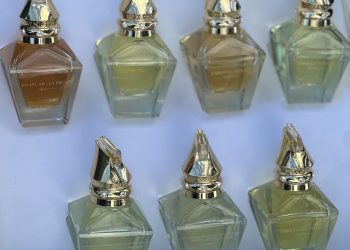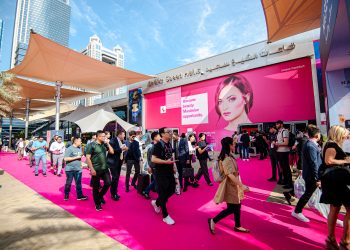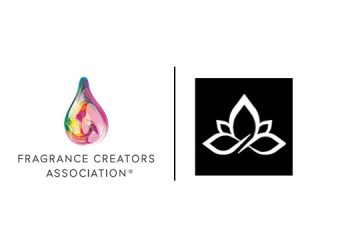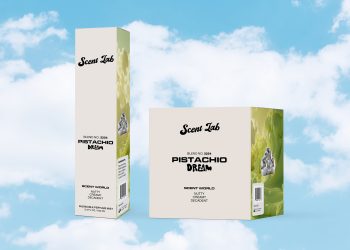Mintel research suggests that Thailand’s men’s beauty market is poised for continuous growth as men become more engaged with beauty products. This upward trajectory is attributed to the rising popularity of self-care trends and the modernisation of gender norms, with personal care and skincare categories leading the charge. Data from Mintel Global New Products Database shows that skincare emerges as the primary category for beauty and personal care launches targeting men between December 2017 to November 2022, accounting for 22% of all launches, closely followed by personal care products like deodorants (20%) and soap and bath products (16%).
Mintel’s research also found that preferences around scent are a key driver in purchase decisions for men’s beauty products. However, fragrance preferences across different age groups* reveal different trends.
Gen X men are more inclined to gender-specific scents, with over half (54%) preferring body care products with scents that are marketed specifically to men. However, they would like more variety, with 57% stating they would be attracted to products that offer different scent options.
More than nine in ten (91%) of Gen X men are currently using body powder, and long-lasting scent is the number one priority (56%). Product performance, especially in controlling sweat (53%) and odour (50%) and anti-bacterial properties (38%), also ranks highly. Gen X men are also more likely to be concerned with itchiness, excessive sweat and rashes than other consumers, driving the popularity of body powder products.
As the most engaged demographic, Millennials represent the biggest opportunities for growth in men’s beauty. This consumer group has the highest daily fragrance usage, compared to other consumer groups, with almost half (48%) considering scent when buying grooming products, and more than half (53%) using cologne once a day or more. This creates an opportunity to expand Millenial men’s routine when the same scent is available in other beauty categories, such as body lotions.
Gen Z is the least interested in fragrance. Skin sensitivity and issues such as dryness and acne motivate Gen Z’s avoidance of scent; 23% of Thai consumers have worried that using scented products may cause skin irritation. Only 56% of Gen Z men use deodorant daily, and just over a fifth (21%) are not using fragrance, a significantly high number compared to total consumers who do not use fragrance. (16%).
Although cautious around scent, Mintel found that Gen Z men over-index in strongly agreeing that they want to explore more scent options (41%). This suggests that Gen Z consumers are open to more scent variety than those offered in the market, gender-neutral or more feminine options.
Sirinar Puppachat, Beauty and Personal Care Analyst, Mintel Reports Thailand, said: “According to our research, it’s expected that men of all ages will be placing more emphasis on image and appearance in the next five years. As such, they’ll be looking for products that help them explore and express themselves. It’s an exciting and expanding category that will continue to offer evolving opportunities in the next few years.
“Smelling good is very important to Thai men, as it is perceived as reflecting good self-care and representing one’s characteristics, with over eight in ten (84%) Thai men using fragrance. This means scent is an ideal product property to develop based on the brand’s target audience. By understanding what different consumer demographics are looking for and why, brands can put themselves in a competitive position as the category grows. For example, including on-pack claims, such as non-irritating or allergen-free, could overcome purchase hesitations around skin sensitivity for Gen Z.”
Note to editors:
*Gen Z: Born 1997-2012, aged 10-25 / Millennials: Born 1981-1996, aged 26-41 / Gen X: Born 1965-1980, aged 42-57.














